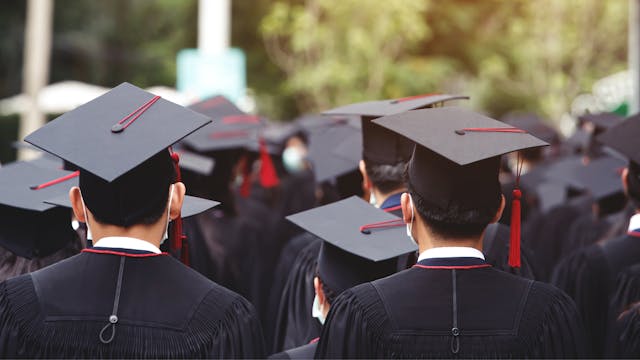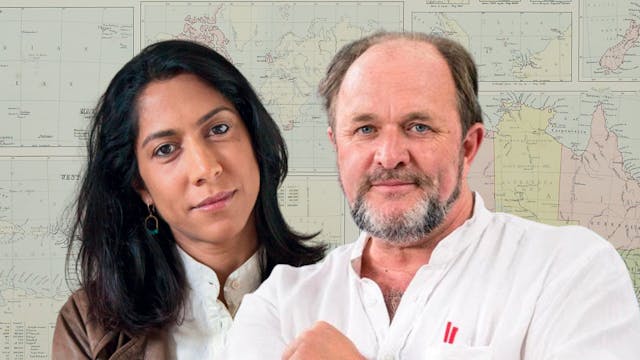The Bittersweet Truth About What We Eat
History & Social Policy
•
1h 24m
What should we be eating to live a long and healthy life?
How is it that some people can eat absolutely anything and stay slim, while others on a ‘healthy’ diet get fat?
Why is it that Cubans are much healthier than Americans, despite eating on average twice the amount of sugar?
To unpack the truth behind the often confusing information about the food we eat, Intelligence Squared brought together some of the world’s leading experts on the science of human nutrition and health.
Sugar has recently replaced saturated fat as the nutritional enemy number one. The theory is that it messes with our metabolism and causes heart disease, obesity and diabetes. Arguing that sugar is the tobacco of the new millennium in our event was acclaimed science writer Gary Taubes, whose new book The Case Against Sugar has been making waves on both sides of the Atlantic. No one doubts that consuming a lot of sugar is unhealthy, but does the ‘sugar is poison’ theory really tell the whole story?
A different explanation lies in a subject that has been getting a lot of attention recently – our gut microbiome. This is made up of the trillions of bacteria that inhabit our intestines and help digest our food and keep us healthy. The bad news is that the diversity of our microbes has plummeted in recent years due to the narrower range of foods and the predominance of processed junk in the Western diet. Research indicates that, rather than any single foodstuff being to blame for the rise of obesity and other modern diseases, the root of the problem lies in our depleted microbiomes. Setting out the new research on our gut bacteria and debunking many popular myths about diet was Tim Spector, an award-winning scientist who runs the British Gut project. What makes the subject even more fascinating is that we all have a very individual cocktail of bacteria in our gut, and research shows that the way we respond to food relates more to our own specific set of microbes than the calories in the food itself. Joining us were Eran Segal, one of world’s leading scientists in this field, who will explain how his lab can wire you up and predict precisely which carbohydrates you should and shouldn’t eat so as to prevent weight gain and be healthy. The results can be surprising. In 60% of cases, they show that you can enjoy sugary ice-cream but should avoid rice.
A sharp critic of many of the ‘fashionable’ theories about diet and wellbeing is Sarah Jarvis, a GP who appears regularly on BBC radio and television. Her goal is to help her patients and the general public get the best quality information on nutrition and lifestyle so that they can make the informed decisions they need to be in control of their health.
Chairing the event was Xand van Tulleken, a medical doctor and popular television broadcaster, who with his twin brother Chris, has presented a number of documentaries, often testing various diets on their identical genes.
Up Next in History & Social Policy
-
Too Many People go to University
Filmed at the Royal Geographical Society on 30th January 2007.
Speakers for the motion: Claire Fox, Anatole Kaletsky, Jenna Nicholas
Speakers against the motion: Baroness Onora O'Neill, Mary Ann Sieghart
Chair: Sir Clement Freud -
Capitalism and the British Empire wit...
Historian William Dalrymple discusses how British colonialism was rooted in capitalism and the East India Company with Kavita Puri. We talk about the British conquering India, but Dalrymple argues the phrase disguises a more sinister reality where a dangerously unregulated private company, run by...
-
Ancient Worlds: A Meeting of East and...
There’s a new school of history that’s revolutionising the way we look at the past. For centuries, our history has been taught in separate chunks, with the classical, European world divided from China and the East. This traditional, somewhat lazy history of civilisation, zeroing in on the Western...



